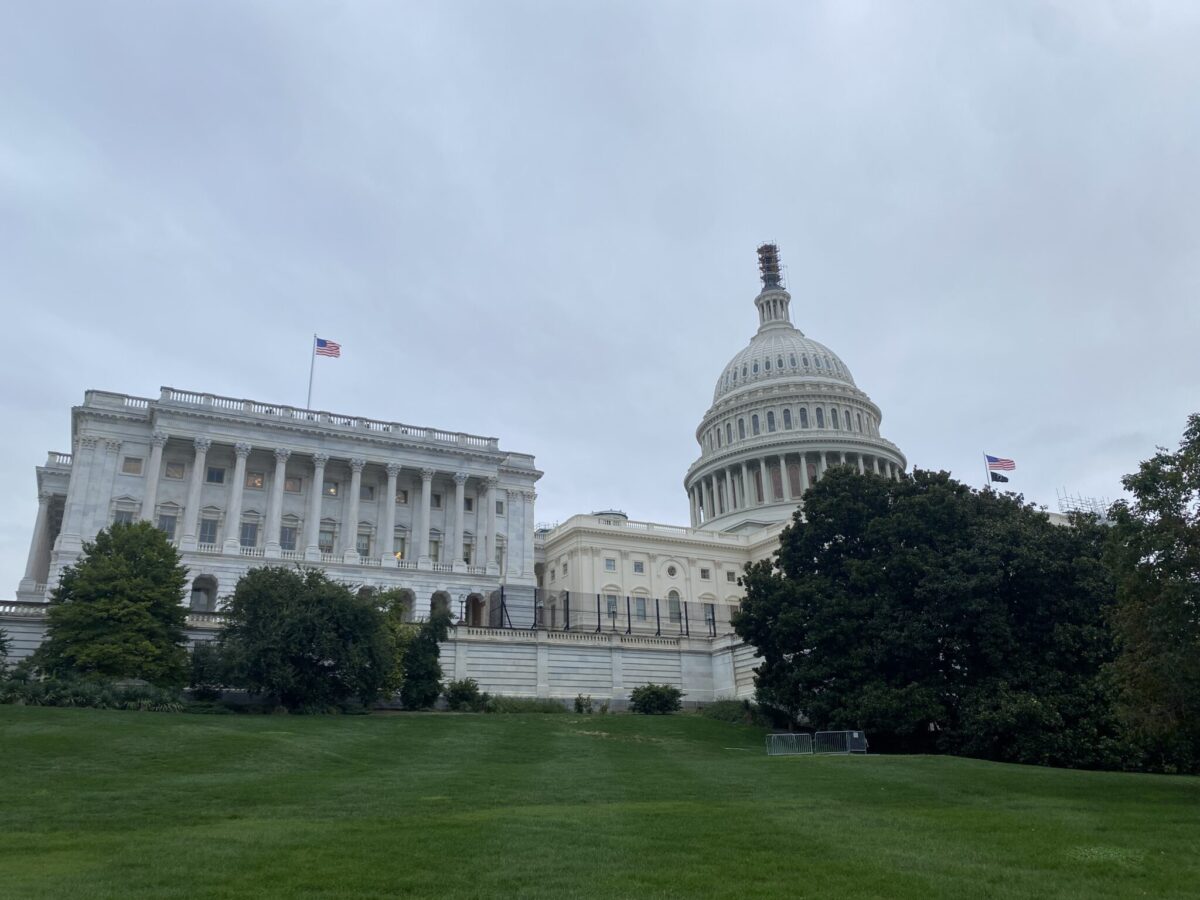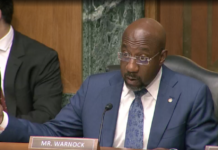
North Georgia water service providers have signed a deal with the state guaranteeing them access to Lake Lanier’s water supply through 2050. The contract with Gwinnett, Forsyth and Hall counties closes a chapter in the so-called tri-state “water wars” between Georgia, Florida, and Alabama dating back to the 1990s.
The Lake Lanier Water Service Provider agreement will yield at least 222 million gallons of water per day, 13% of the water in Lake Lanier at full pool. Eighty percent of the water will go to the water service providers in the three counties, while the other 20% will be held in reserve for future allocation, Georgia Environmental Protection Division Director Rick Dunn told reporters.
Governor Brian Kemp hailed the “landmark agreement” during a gathering Monday at the state Capitol.
“After decades of work and negotiation, we have reached a sound, carefully developed, and fair resolution to this long and slow battle of the so-called broader ‘Water Wars,'” Kemp said.
The governor thanked former governor Nathan Deal, Dunn, and their respective teams for helping to push the process through.
“This is a win for all of Georgia, and it underscores the importance of that timeless advice – ‘never give up!'” Deal said.
The water wars originated when the U.S. Army Corps of Engineers dammed the Chattahoochee River to form Lake Lanier in the 1950s. While the new reservoir was officially designated for flood control and recreation, it was not authorized as a water supply, the Capitol Beat News Service reports.
Florida sued over water rights and dragged Georgia through the courts for years. In 2009, a federal judge ruled in Florida’s favor, but U.S. Supreme Court overturned that ruling.
The deal calls for the state to reimburse the Army Corps $71 million over 30 years for water storage. Once that debt is paid off, the state will get permanent water storage rights.
Lake Lanier is the largest reservoir in North Georgia. Over 1.5 million residents and businesses in Gwinnett, Forsyth, and Hall, along with other parts of northern metro Atlanta, rely on its water supply.







